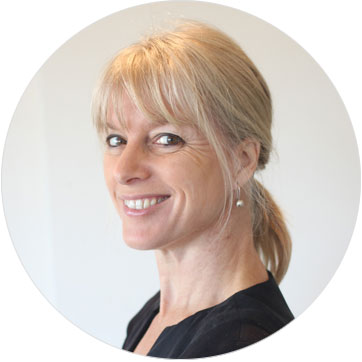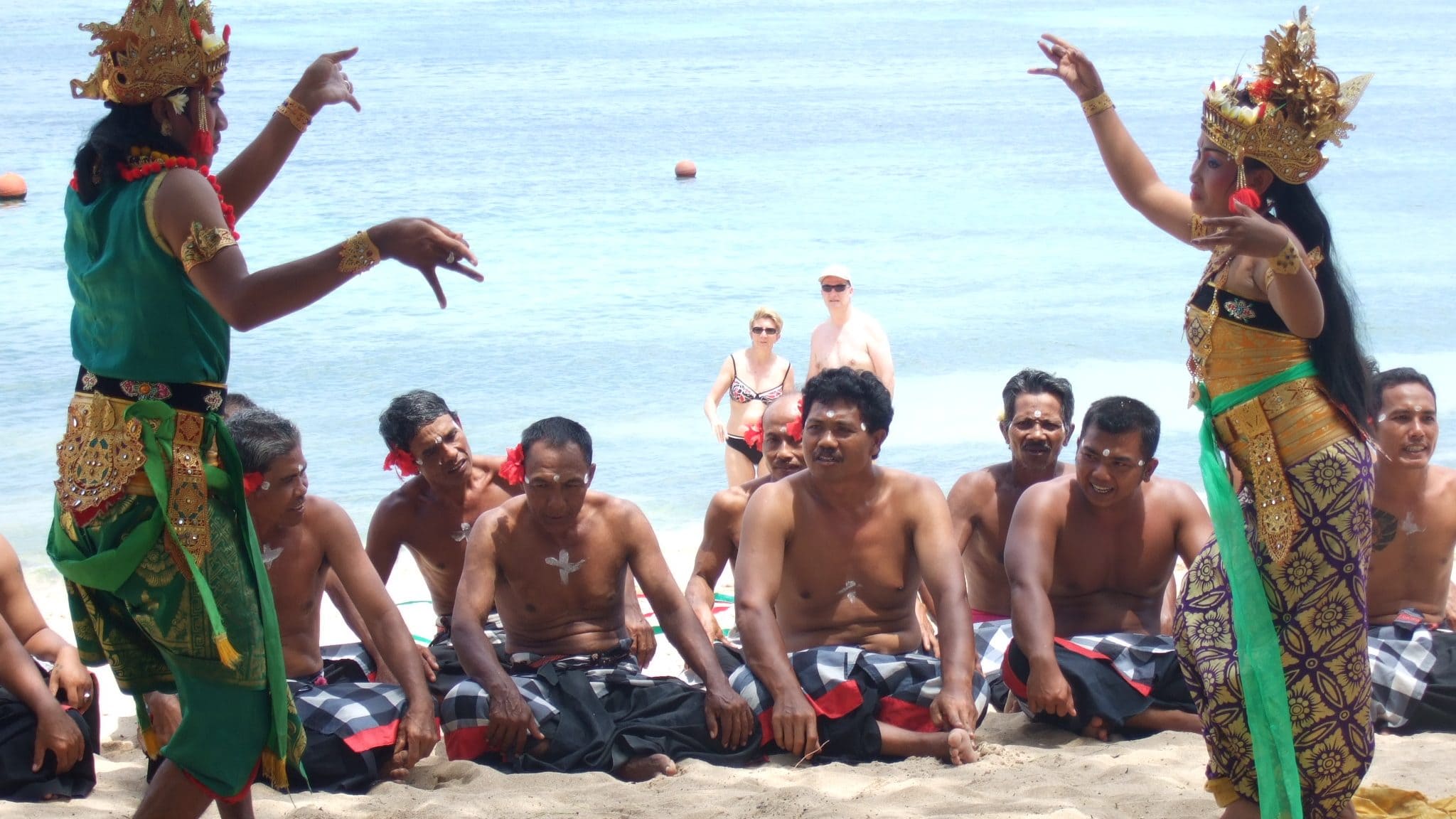Interview with Gaia Grant for Singapore Airlines (Silk Air) Inflight Magazine
1. What corporate team building programmes/activities do you run?
When you go on a Tirian team program, you often end up embarking on a surprising journey! We run authentic simulated journeys that we have designed ourselves to such amazing themed destinations as Antarctica, outer space, the jungles of Borneo, the ancient ruins of Cambodia and the deserts of the Sahara – and the parallel learning journey can lead to real ‘aha’ learning moments. All of our programs are fascinating experiences with high impact themes with powerful inbuilt messages. Some of our most popular interactive programs include: On Thin ICE – a simulated Antarctic expedition with input from actual polar explorers and the latest psychological research into teams under pressure; The Chocolate Factory – an immersion in a luxurious chocolate manufacturing process which reveals the need for more creative thinking and problem solving as a unified team; and What Happened to WAT? – a simulated archaeological dig with fascinating information about the rise and fall of civilizations and a clever collaborative team twist. Programs such as these create motivation and provide practical tools for positive development. We have created over 32 unique leadership and team building experiential programs in all – business simulations, workshops, seminars and keynote talks all designed around the need for self-leadership (personal behaviour management, personal accountability and engagement, life balance, etc ), team leadership (group synergy and team building, communication, conflict resolution etc), and organization leadership (creativity and innovation, crisis management, strategic visioning and planning etc). Our program aims to engage and ultimately empower individuals and teams for real change.
We’ve worked with small CEO leadership teams in the presidential suite of an Aman Resort, to keynote interactive talk to 2000 business leaders in the Middle East we’ve catered for team building ranging from 5- 500 at many 5 star resorts throughout Asia. Our speciality has grown from the needs in Asia dealing with both cross-cultural and virtual teams (teams that have to communication regionally.
2. Where did the idea/concept come from and when did you launch?
The best ideas often come from necessity. We have had to be creative to survive! We can remember going into one of our first client meetings 15 years ago to offering them a simple team-building program afternoon, according to their original request, and walking out of that meeting with the challenge of preparing 3 team building sessions, 17 workshops and 2 keynote addresses for over 300 conference participants. We spent the next 7 months before the program working on new ideas until late into the night, and came up with some of the first brilliant programs that were soon to become signature programs for us -amazing ‘cultural survival’ and ‘endangered animal rescue’ team building themes, engaging keynotes around organisational leadership and survival for the future, and a range of workshops covering contemporary practical organizational survival skills.
We soon discovered that the typical company meeting or conference relied on a very old and worn formula that consisted of a heavy PowerPoint keynote morning session, followed by childish outdoor games in an attempt to offset this, and then a theme dinner at night (often mixed with plenty of alcohol to ensure people remembered the day they’d had in a positive light!). The extremes of “boring” and “childish” needed to be replaced with “engaging/stimulating” and “professional/intelligent”, and we felt we had the resources and background to pull this off. We continued to design programs to deal with this problem through our special themed integrated approach, and the concept just took off from there.
We call our approach ‘Justified Fun’ – as it was intelligent in content and yet stimulating in the method. We can carefully integrate keynote talks, seminars, workshops and team building in a way that all of these reinforce the overall theme of the conference. We even ensured that the theme chosen supports the goals and direction of the company – and if they don’t have a clear direction then we can also suggest a great place to start – with our ‘Inventing the Future’ program suite. This consists of a keynote talk, followed by an interactive mission and vision seminar, a team-building experience Apprentice-like project or a Take 2 movie-making experience) in the afternoon and an Academy Awards dinner in the evening. The outcomes achieved are that all participants understand what their vision mission and values mean to them and have been a part of the process of defining it and shaping them.3. What’s the most unusual/creative activity you have prepared for a corporate team-building exercise?
We get a lot of cynical clients saying that their team has a low attention span and is not motivated to ‘waste’ a day out of the office. A large bank once came to us to ask for a “team-building” exercise/activity to kick off their new year with a buzz. We designed a large simulation team building program for them, however, the morning of the program the CEO gave us a final briefing. He said that over the holiday break there were major issues and 1 out of 3 people had lost their jobs. We were told the first thing people would do when they arrived at this conference would be to look around at the fallout and see who was left…. He then asked if we could motivate the group, inspire them and get them focused on reaching their yearly goals and stretch targets – all in half a day’s team-building exercise!! I think we would have rather more notice, and longer than half a day as this was a tough request, but in the end, he was so happy with the outcome he gave us a formal endorsement.
4. What price range can a company expect to pay for a corporate team-building experience?
We recognise that the greatest cost a company can make is their team being away from their office for a period of time, and for this reason, our prices are based on the high-level outcomes that are achieved to ensure this time valuable. We don’t apologise for not being a discount basement company, but rather we focus on ensuring that all outcomes are carefully reached and exceeded. Our fees range from $9-$90,000. For $9 you can get a downloadable ‘QuickBITE’ team experience that you can facilitate yourself. Our most popular topics are Creativity & Innovation, Work Life Balance, and the importance of Story in an organisation. This way a leader can download a topic and get a PPT, videos and worksheet that they can then walk their group through without a specialist Tirian facilitator or the full manual (that would require special training for licensing and higher fees). For programs that we facilitate, we offer a LITE version program starting from around $4000 per day for 20 people, STANDARD versions from $5500, and many of our clients who see the value of the experience chose an EXECUTIVE program (customised) or HOLLYWOOD program (highly themed) which starts from $7,500 + per day for 20 people (with a per person fee applicable after the first 20). Andrew Grant, our Managing Director, is an engaging internationally awarded keynote speaker who can provide interactive team presentations range from between $8000 to $21000 (the price he is listed at with agencies in the US). We like to go be able to go beyond the day’s event and offer needs analysis, written reporting, coaching and business facilitation that ensures the learning lasts. This makes best use of the conference offsite to ensure that the learning’s are carried back into the work environment and are implemented. At the top end, clients buy a year’s program from us that can go up to around the $90000 mark, depending on what is included.
5. What benefits do you feel your companies/executives got from the experience?
Team building in its base sense unfortunately can be defined as simple team bonding or “having a good time” together. For the time and money invested we want to make sure it goes way beyond this and most importantly that the learning and fun are mutually reinforcing. What we do is to get people talking and discovering more about themselves whilst injecting the latest content. We aim to transcend the boundaries of traditional corporate experience by providing a dynamic foundation for proactive organizational growth. We can actually create a positive intervening experience that builds platforms for open discovery and exploration of important issues. These experiences break down barriers. They drive individuals and teams to work toward structured outcomes and to achieve full potential in the organization.
6. Any trends you are noticing or plans for the future?
Companies are getting much more careful with their spending and often much of this is dictated by head office. This is sad for areas outside of Europe and the USA like Asia where it is so important to ensure that the material is culturally relative and suitable. A big ‘fast food’ approach to training can often miss the mark locally as it can be too sterile. We have seen a large European company try to globally roll out its vision mission values in a packaged type workshop. The local offices in Asia came to us as the global rollout was not relevant to their people – who were totally confused by head offices initiatives. It’s so great to be able to offer relevant culturally sensitive programs locally and watch the excitement on people’s faces as they learn grow and work together better. After all, it is Asia that developed the term “Gotong Royong”, a term to describe the need for community contributions, and it’s about time Asia exported some its unique community perspective to the rest of the world.

Gaia Grant (PhD) is a lecturer and researcher at the University of Sydney Business School in the Discipline of Strategy, Innovation and Entrepreneurship, focusing on research into innovation paradoxes and ambidextrous leadership. Gaia is also a Director of Tirian International Consulting, the co-author (with Andrew Grant) of a number of books including ‘The Innovation Race’, and “Who Killed Creativity?”.


